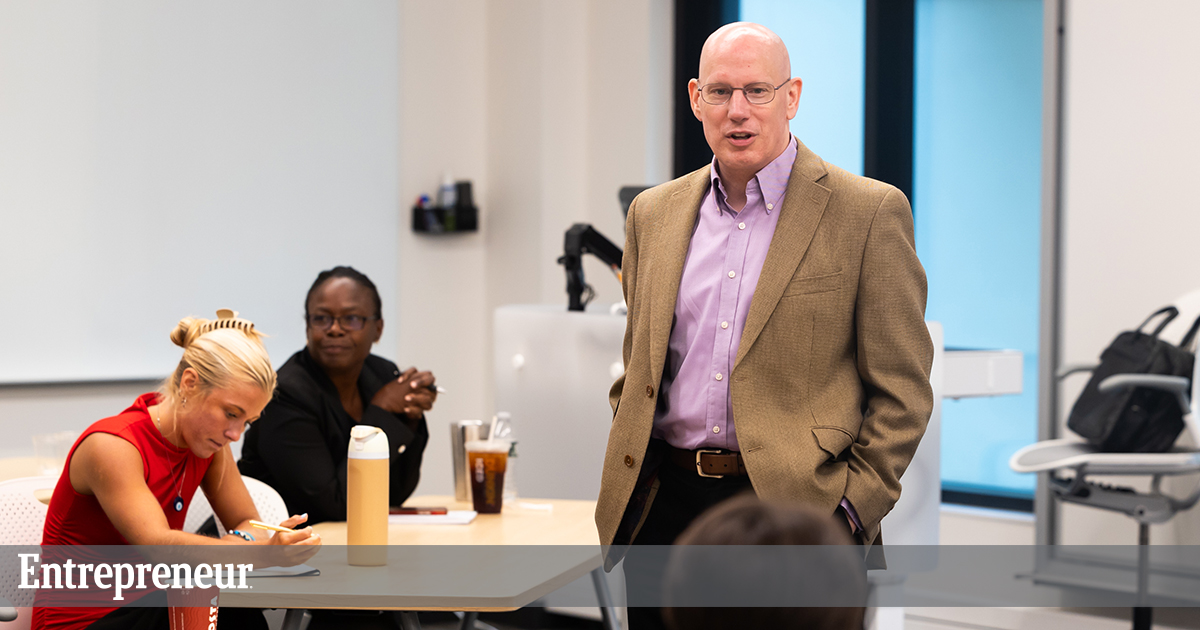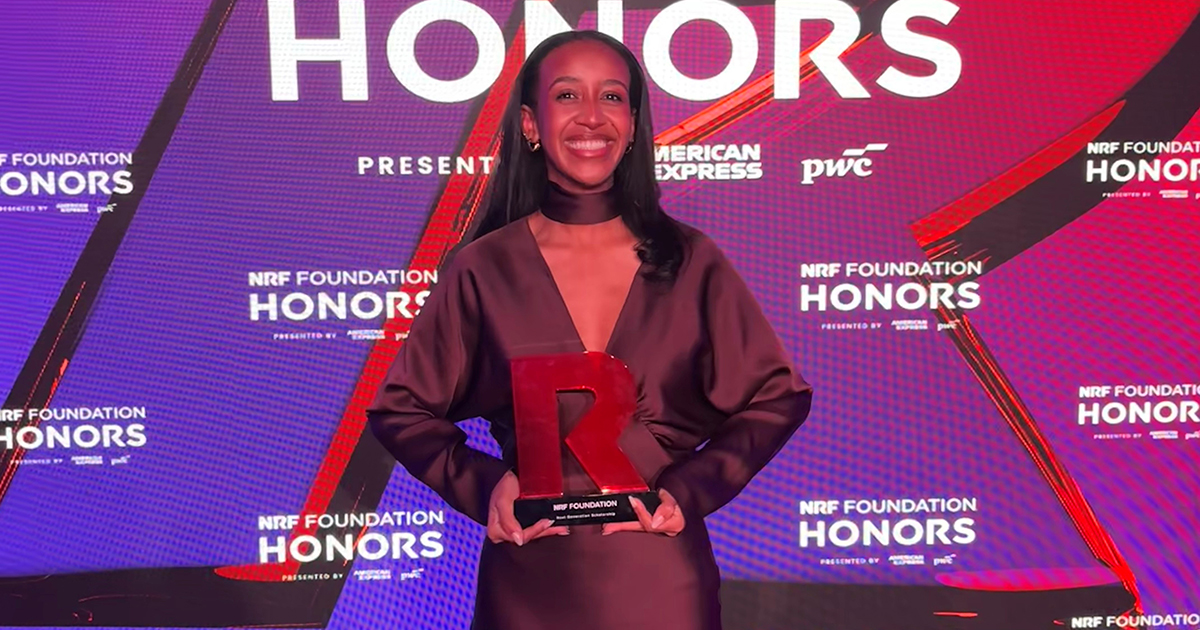Most Entrepreneurs Lack This One Quality That’s Essential for Success—Do You?

As a professor at Babson College, I’ve researched leadership for over two decades. I’ve partnered with more than 50 companies to help their employees grow and asked hundreds of leaders how they define self-awareness. Almost everyone talks about how well they know their strengths, weaknesses, values and goals. This kind of internal self-awareness is critical to our professional growth and development.
Editor’s note: This article first appeared in Entrepreneur magazine.
But there’s another component of self-awareness that’s just as essential to entrepreneurial success. External self-awareness is the ability to predict how others experience our leadership, including how they view us, our actions and our choices. It allows us to better collaborate, lead and motivate our teams—and yet my research and others’ research shows only around 10-15% of leaders, including entrepreneurs, embody it.
The good news is that, with practice, any leader can become more externally self-aware. Here’s why external self-awareness is so important and how you can start building it.
Most of Us Aren’t as Externally Self-Aware as We Think
When my wife and I took our four children to Disneyland for the first time, I used the trip to test my external self-awareness. I’d watch my kids throughout the week. At the end, I’d predict each child’s favorite moment given the choices we as parents made about what to do with them at Disney. This is easy, I remember thinking. My oldest son raved about Space Mountain. My daughter couldn’t get enough of the Carousel.
I got all four of my predictions wrong. When I asked my children one at a time, they all said their high point was swimming at the hotel at the end of the day. Apparently, we didn’t need to spend thousands of dollars on a hotel, park passes and food: All we needed was a pool!
In my experience, many leaders are just as clueless about how their team members experience their decisions and actions. Years ago, I worked with a Fortune 500 company known for its innovation. When I asked 40 VPs and SVPs to predict their direct reports’ high points over the past year—a proxy for how employees viewed leaders’ choices—and then test their assumptions, nearly all came back surprised.
One VP had felt bad about sending an employee abroad to live apart from their family for a few months, only to discover the opportunity for exploration and autonomy made it the employee’s favorite project. They feared the employee might see them as a harsh boss, but the employee was grateful to be trusted and challenged.
Why External Self-Awareness Is So Important
Leadership is relational. Whether you’re negotiating with an outside vendor or having a one-on-one with an employee, great leaders respond to other people’s cues. An externally self-aware leader might allow their direct, informal communication style to come through when talking to someone only a rung or two down the ladder but take a different tone with an entry-level employee. In each case, knowing how the other person will react to you allows you to choose the right tool at the right time.
External self-awareness also provides us with valuable information. The Disney vacation taught me my children don’t see me more positively when I take them to fancier places. What they care about is spending time together in a relaxed environment. This discovery led us to ensure there’s always a pool nearby when we go on vacation and worry less about expensive activities that we think they will like.
Similarly, when the VP found out his employee loved challenging, high-risk assignments that were supported with the leader’s trust and confidence, he looked to give more of those types of assignments. Previously, he had held back because of a mistaken assumption that his decision burdened his direct report.
How You Can Build External Self-Awareness
The best way to build external self-awareness as an entrepreneur is to talk to your team members and test your assumptions about what they think about you and your leadership.
I like to start with the positives. Ask your employee to reflect on a high point in their time at the organization—a day when they’ve walked out and said “I love this place”—and to tell you a story about their experience. Before they answer, predict what you think they’ll say. Then, probe about their challenges and low points, which also can reveal their perspectives on decisions you’ve made.
There are three important elements to this exercise.
The first is prediction. My research on 360-degree feedback shows that when you rate yourself and then ask peers to rate you, you create a narrative about why they’re wrong. Predicting other people’s answers in advance undercuts defensiveness and promotes curiosity: How does their perspective of me compare to my own?
The second is storytelling. When you ask people what kinds of tasks they enjoy, they can jump to rehearsed answers. Asking them to tell you a story allows you to work together to unpack what made them so motivated or frustrated by the situation. Those insights, in turn, can help understand the choices you made as a leader and how they contributed to the employee’s experience. You can then align your actions with what makes them motivated.
The third is continuity. This practice should be ongoing without being overdone. The point isn’t to know exactly how your employees think at every moment, but to see things from outside your own perspective. Always leave room for humility and the idea that there’s more you can learn.
Bottom Line
Great leaders know their strengths and weaknesses and keep their finger on the pulse of how colleagues, investors and clients see them. Building external self-awareness goes hand in hand with building the relationships needed to make your business succeed. Your employees will appreciate you taking the time to ask. And your bottom line will benefit as the information you glean helps you unlock your potential, your employees’ potential and your company’s potential.
Scott Taylor is a professor of organizational behavior and the Arthur M. Blank Endowed Chair for Values-Based Leadership at The Arthur M. Blank School for Entrepreneurial Leadership at Babson College. His research primarily focuses on leader development and assessment.



